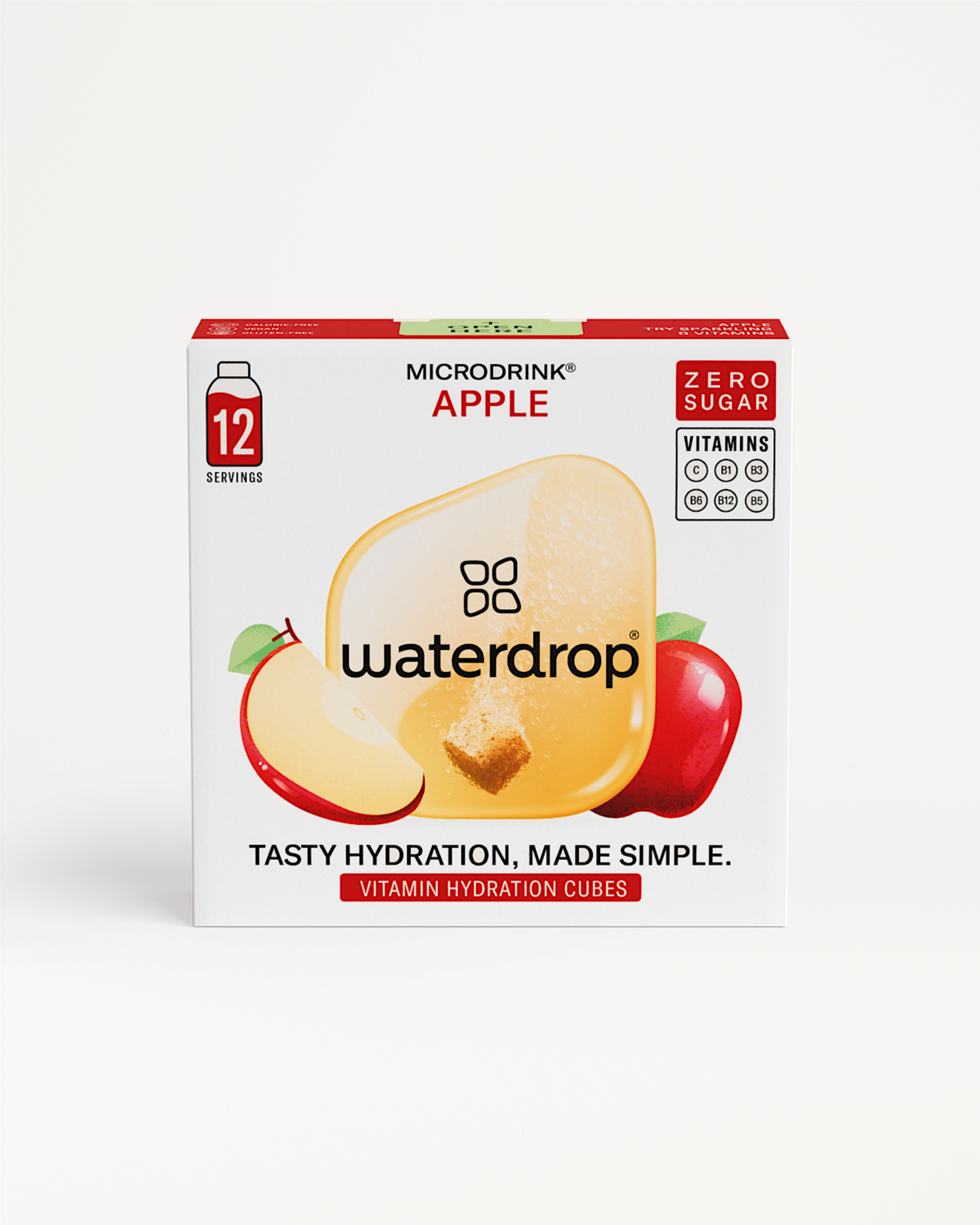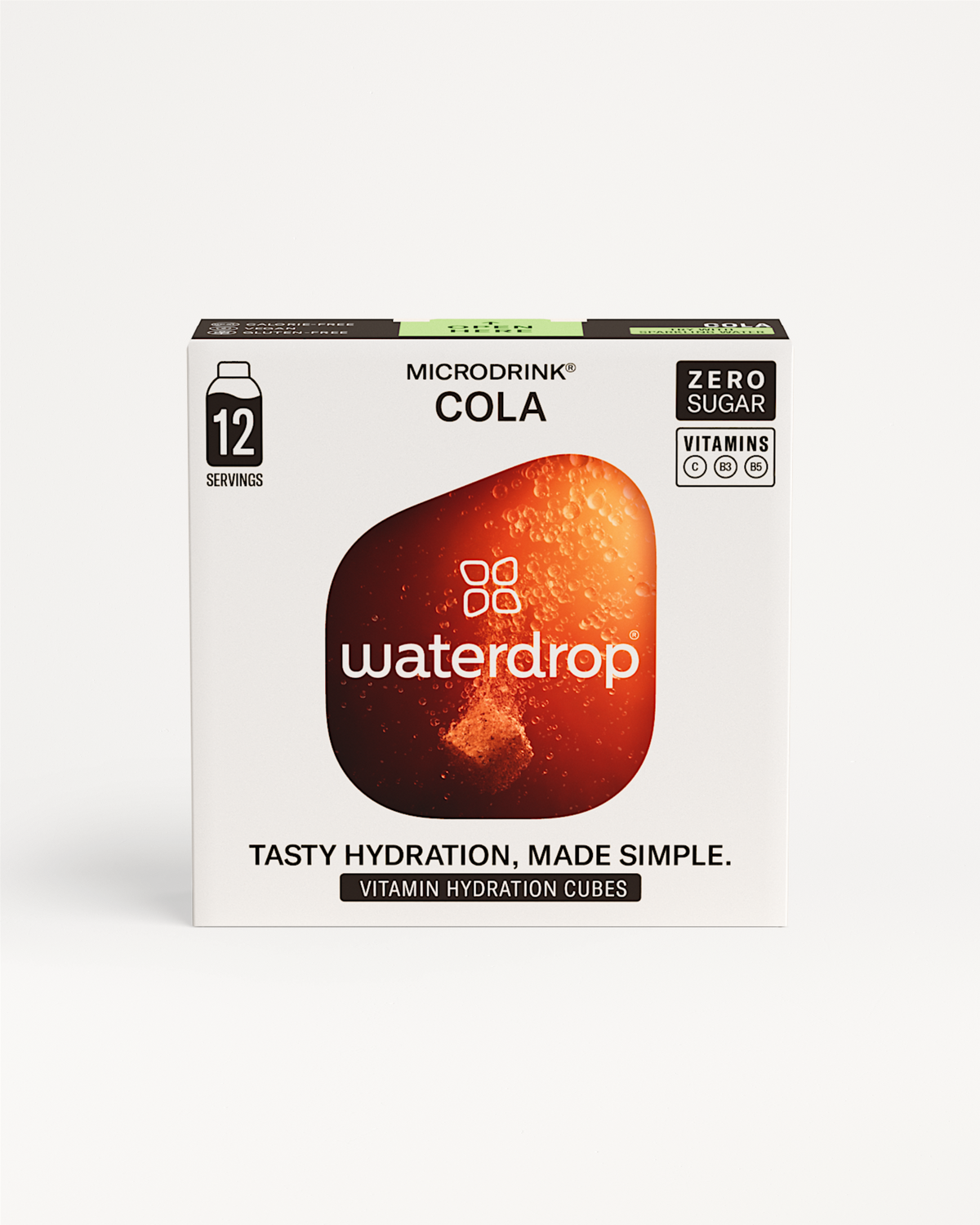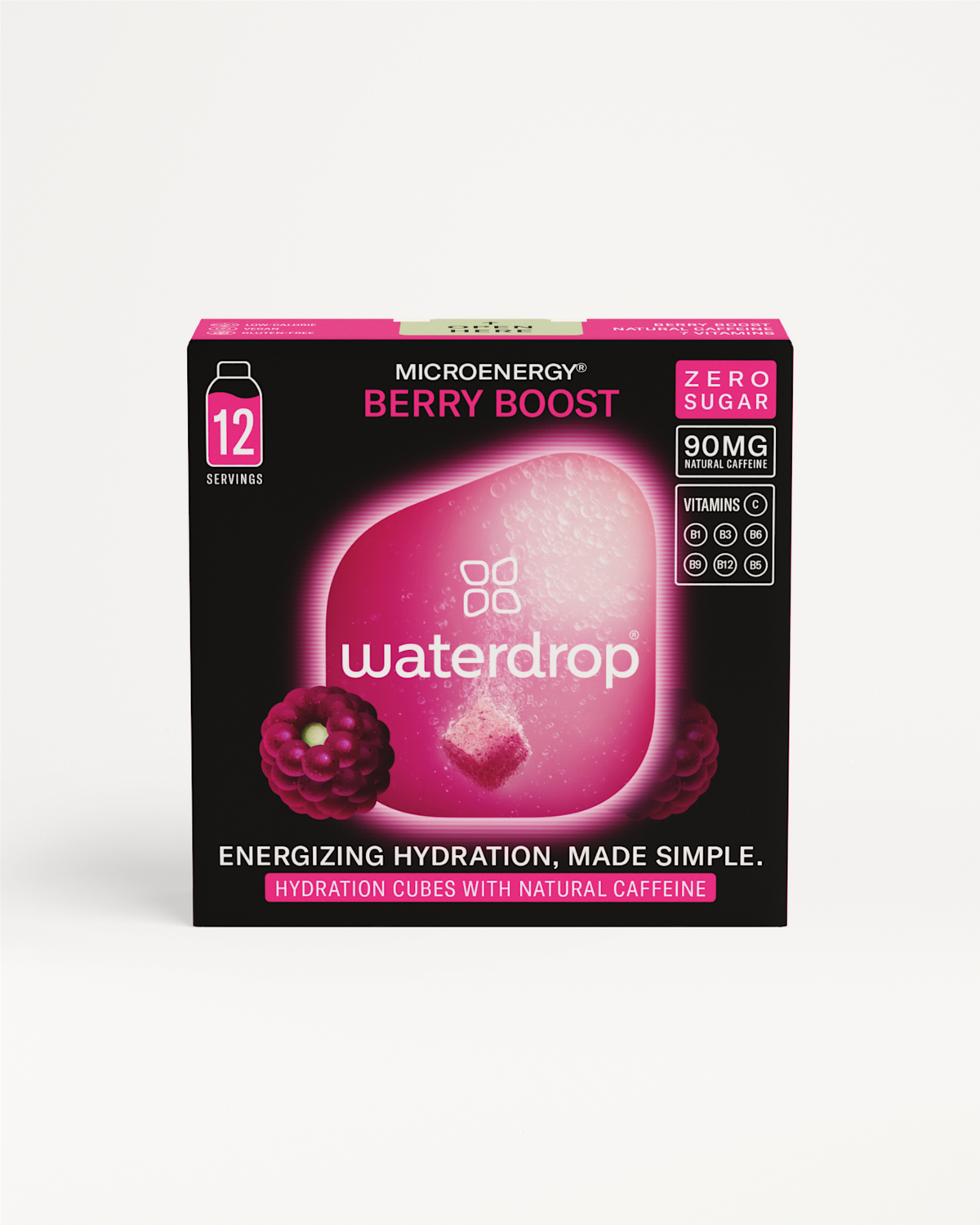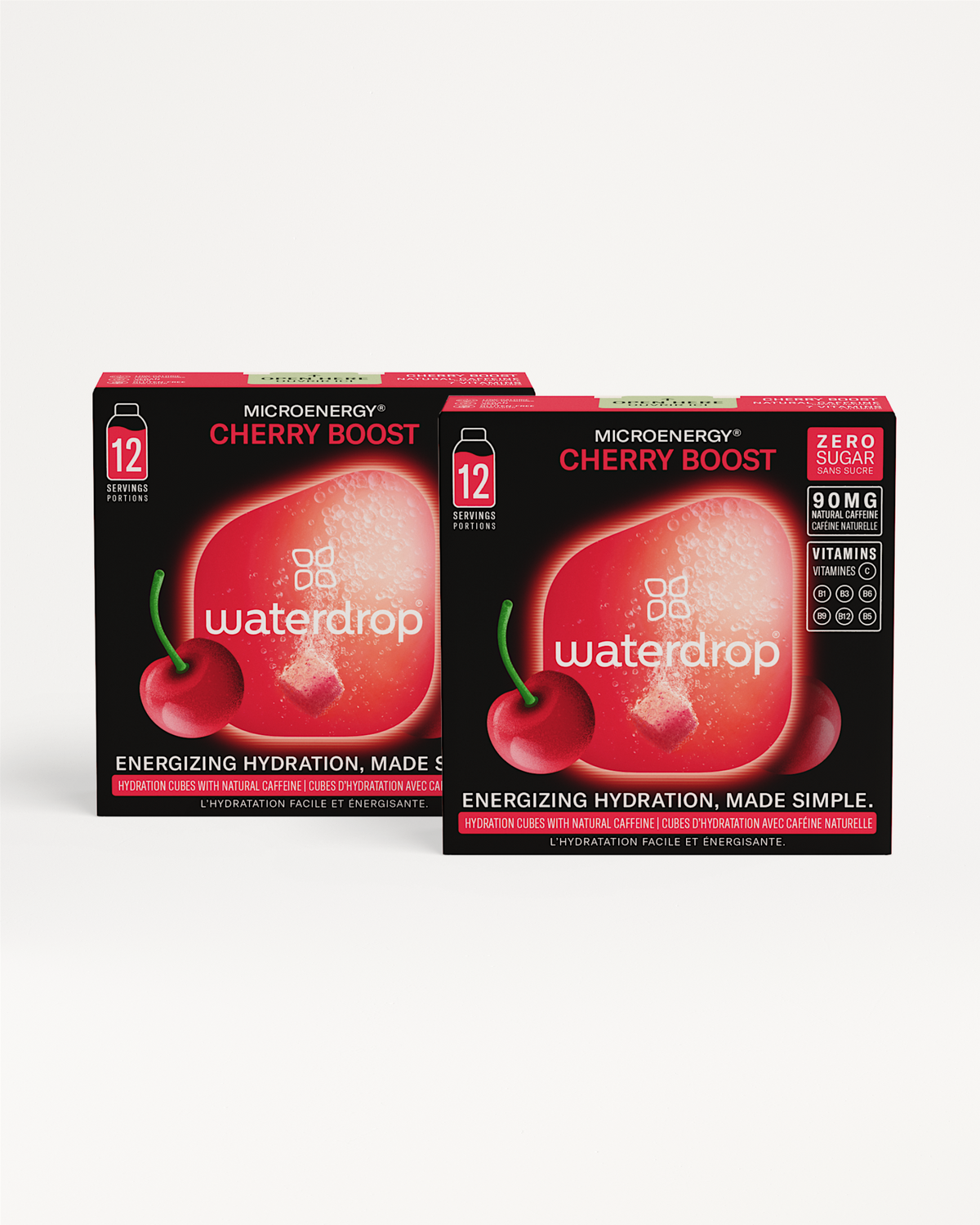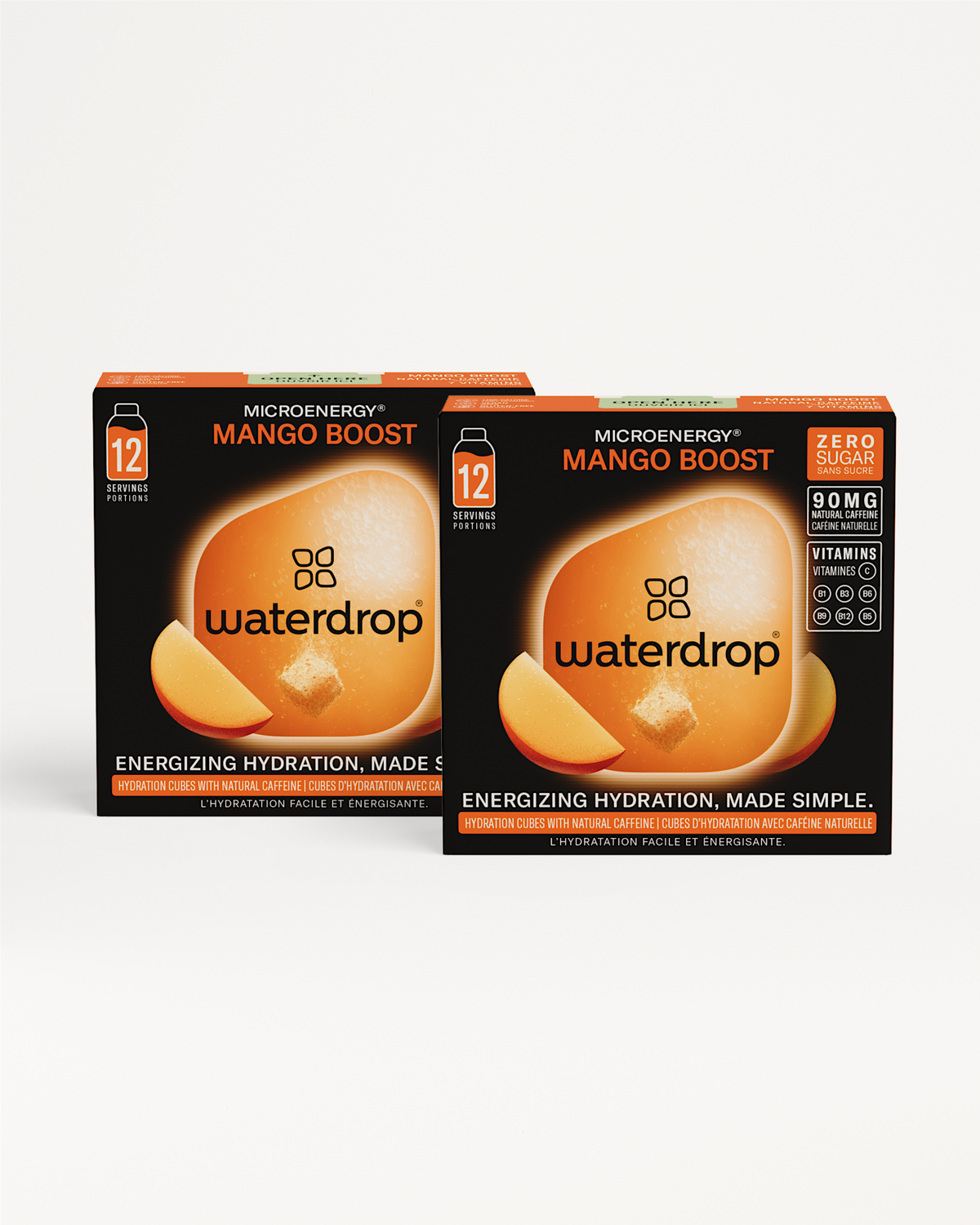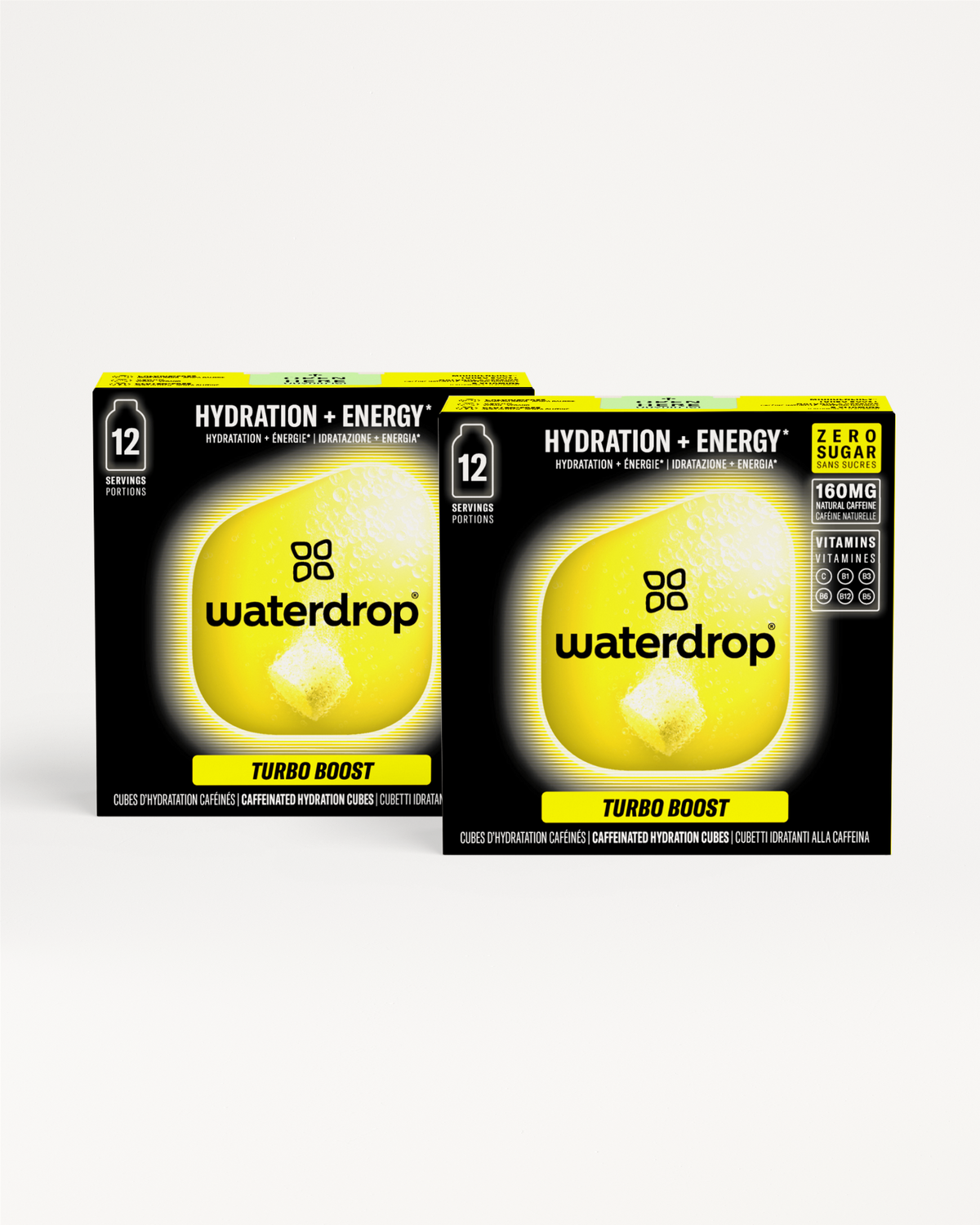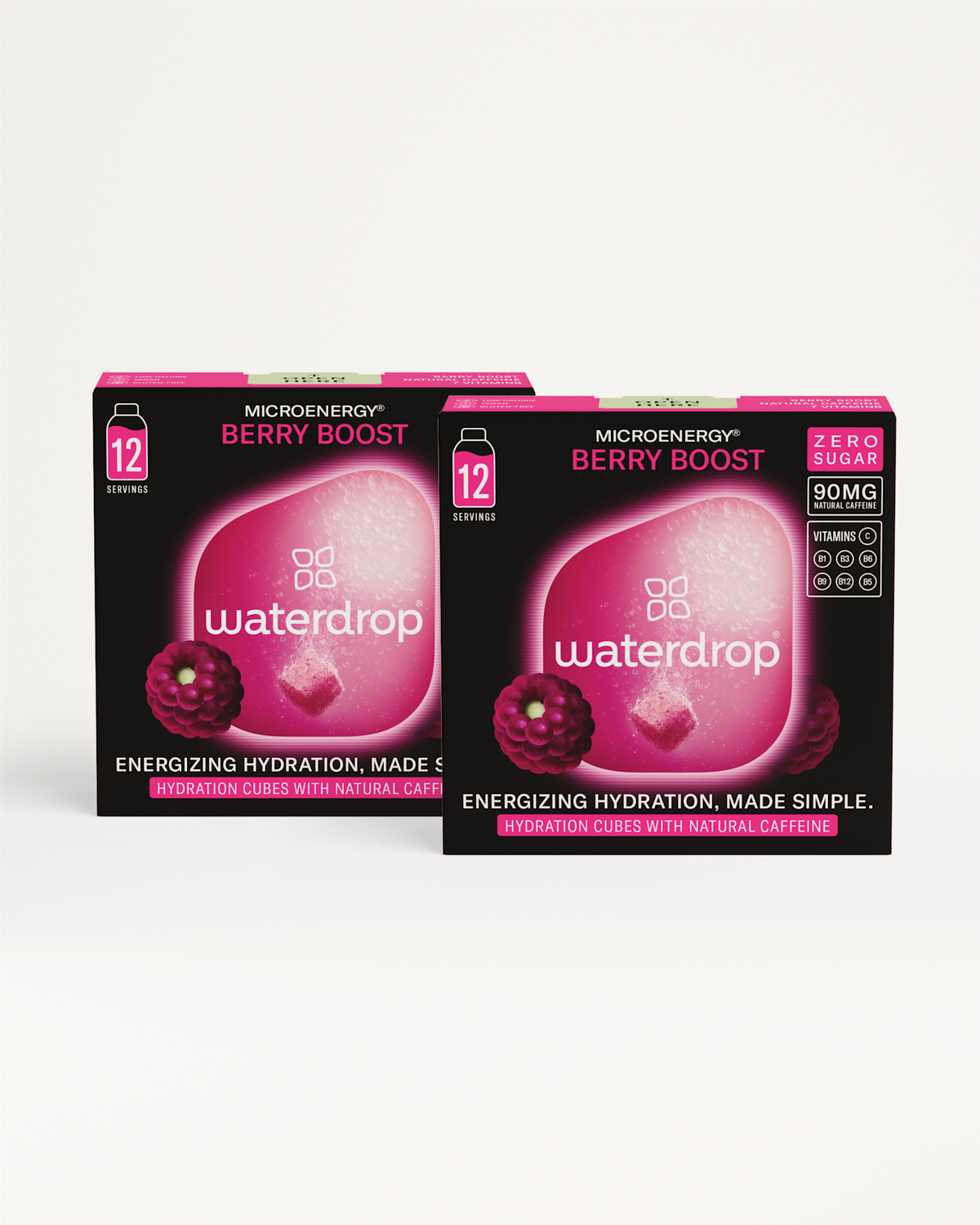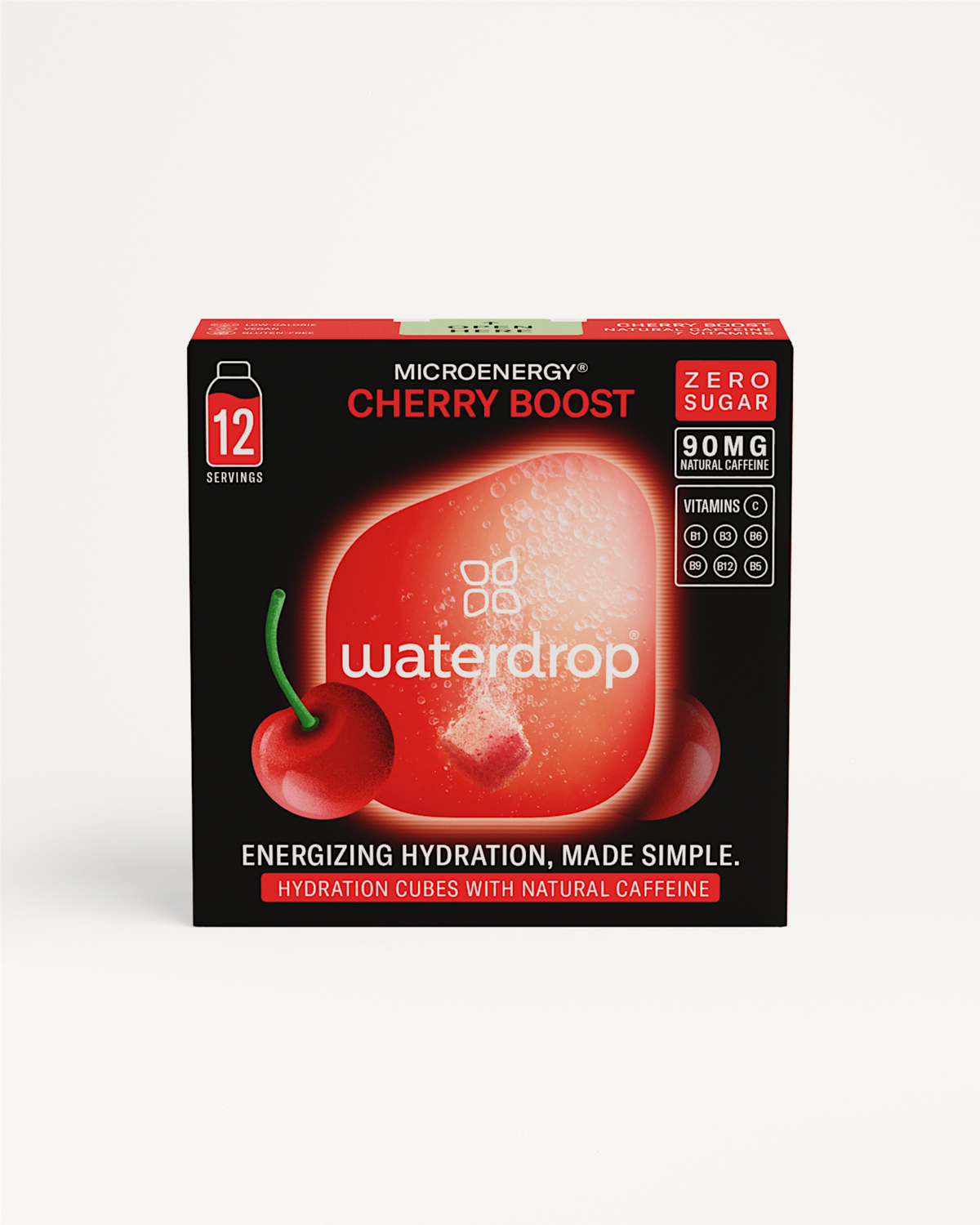Water is a prerequisite for all known life forms, and none more so than for a baby. The link between hydration and nursing a baby is profound, further pressing the importance of water intake and the overall impact it can have – not just on yourself.
While breastfeeding, your body requires additional resources, including higher levels of water intake, to better carry nutrients and oxygen to cells, protect organs and tissues, and flush bacteria from the body – all significant when lactating. But the importance of optimal hydration extends beyond the breastfeeding stage, back to even before the baby is born.
Staying Hydrated During Pregnancy
Fluid intake during pregnancy may influence the health outcomes of both the mother and the foetus. Guidelines suggest that individuals bearing a child should aim for approximately 1.6 - 2 litres of fluids a day. That’s equivalent to eight-to-ten 200ml glasses of water per day. In addition to water, lower-fat milk, sugar-free drinks, including tea and coffee, all count towards this guideline.
Optimal hydration during pregnancy, especially in the second and third trimester, helps to:
- Make the amniotic fluid in the womb
- Improve digestion
- Produce extra blood to supply the foetus
- Carry extra nutrients
- Remove waste products
How Drinking Water Affects Milk Supply
Breast milk is made up of around 80% water. Adequate hydration is important for breast milk production. If you don’t drink enough fluids, or replenish them when they are lost, dehydration may set in and your body may not have enough water to create milk.
Tip: drink a glass of water each time you breastfeed
How Do You Know If You’re Dehydrated?
When it comes to optimal hydration, it’s essential to listen to your body and not to ignore any signs or symptoms – because after-all, feeling thirsty isn’t always the most reliable indicator of your hydration needs. Simply put, without water, your cells can’t function properly, and therefore will negatively impact many of your bodily functions. Many symptoms are short-term, but if ignored, can lead to chronic, even life-threatening health conditions.
Common symptoms of acute or short-term dehydration include headaches, fatigue and low energy levels, poor concentration,dry skin including cracked lips, and dark or low urine output.
Chronic and severe dehydration requires immediate medical attention. Risk factors may include: prolonged diarrhoea or sickness, laxative use, burns, and extreme exercise (over-exertion).
Can Your Baby Become Dehydrated If You Don’t Drink Enough?
As discussed, optimal fluid intake when breastfeeding is critical to ensure both mother and baby remain hydrated. We’ve already established the link between hydration and breast milk production where, if there isn’t the water to produce breast milk, there is the possibility that your baby won’t be fed enough, and as a result, become dehydrated.
Common signs of dehydration in a baby include:
- A dry nappy for 6 or more hours
- A sticky or dry mouth
- Cold hands
- Sunken eyes
- No tears when crying
- Fast breathing
Tip: if your baby is dehydrated, carry on breastfeeding or using formula – give smaller amounts more often than when being fed normally
How To Drink Enough Water
Daily fluid intake is defined as the amount of water consumed in foods, drinking water, and other drinks. Two litres of water per day supports existing health guidelines, but factors such as age, gender, weight and environmental climate, as well as daily activity levels, influence overall individual needs. Here are some simple alternatives to plain drinking water to ensure you maintain optimal hydration levels.
-
Choose Moo: Milk contains approximately 87% water. In addition to containing water naturally, milk also offers electrolytes that help the body to retain fluid intake.
-
Hey, Freeze!: From ice cubes to lolly sticks, freezing fruit not only helps to retain nutrients, but can be beneficial to both diet and hydration levels alike – especially those high in water content. Such fruits include: oranges, pineapples, plums and raspberries.
-
Let’s Spoon: Most soups are 92% water-based and are typically loaded with essential vitamins and salt (which helps the body to retain fluid intake). Gazpacho, a cold uncooked soup that contains many fruits and vegetables, as well as high levels of electrolyte potassium, is a popular choice to simultaneously rehydrate and cool down.
-
Go Green: Salads are a quick win when it comes to optimal hydration. With most lettuce greens containing at least 94 percent water, next time you prepare a salad, make sure to chop up some celery, tomatoes and bell peppers too.
- Smooth Things Out: Smoothies – they’re easy to make, taste good, and are great for hydration. Not sure what to pick? You can’t go wrong with your favourite dairy product and a mixture of fruits and vegetables. Remember: fruit and vegetables high in water content will increase fluid intake.
Drinks To Avoid When Breastfeeding
Breast milk is incredibly nutritious: it provides most of the nutrients a newborn needs for the first six months of life. And whilst the production of breast milk is regulated by your body, what you eat and drink can have some effect on the content of breast milk.
Caffeine: Tea, coffee, chocolate, fizzy and energy drinks all contain caffeine. When consumed, some of the caffeine content can enter the breast milk. When exposed to caffeine, babies can have difficulty breaking it down and removing it, and over time, if not removed, caffeine can accumulate in the body causing behavioural changes, such as irritability or inconsistent sleeping patterns. For mothers who are breastfeeding, it is recommended to drink no more than 300mg of caffeine per day, which is equivalent to approximately three cups of coffee.
Alcohol: There is no level of alcohol in breast milk that is considered safe for a baby, however, an occasional drink is likely safe. Research has suggested that the amount of alcohol in breast milk peaks 30 - 60 minutes after your last drink. Alcohol can remain in your system for up to 2 - 3 hours. This is just for one drink. Breastfeeding is recommended after this 2 - 3 hour period.
Food: To meet the increased nutrient demands of breastfeeding, highly processed foods – due to their higher calories, unhealthy fats and added sugars – are to be limited as much as possible. The same for fish high in mercury: a metal that can be toxic, especially to babies. Fish include: bigeye tuna, king mackerel, marlin and swordfish.
Conclusion
When breastfeeding, the health, wellbeing and optimal hydration of both mother and baby is inextricably linked. The message is simple: for a mother to be able to look after her baby, she must, none more so, look after herself.
References:
‘A Study of the Fluid Intake, Hydration Status, and Health Effects among Pregnant Women in Their Second Trimester in China: A Cross-Sectional Study’: https://www.mdpi.com/2072-6643/15/7/1739 [accessed: 30/07/2024]
‘Caffeine White Breastfeeding: How Much Can You Safely Have?’: https://www.healthline.com/nutrition/caffeine-and-breastfeeding [accessed 01/08/2024]
‘Dehydration’: https://www.nhs.uk/conditions/dehydration/ [accessed: 01/08/2024]
‘Food and drinks to avoid when breastfeeding’: https://www.nhs.uk/start-for-life/baby/feeding-your-baby/breastfeeding/healthy-diet-when-breastfeeding/food-and-drinks-to-avoid-when-breastfeeding/ [accessed: 01/08/2024]
‘How Can You Tell If You’re Dehydrated?’: https://www.healthline.com/health/how-to-tell-if-youre-dehydrated#tips [accessed: 01/08/2024]





















